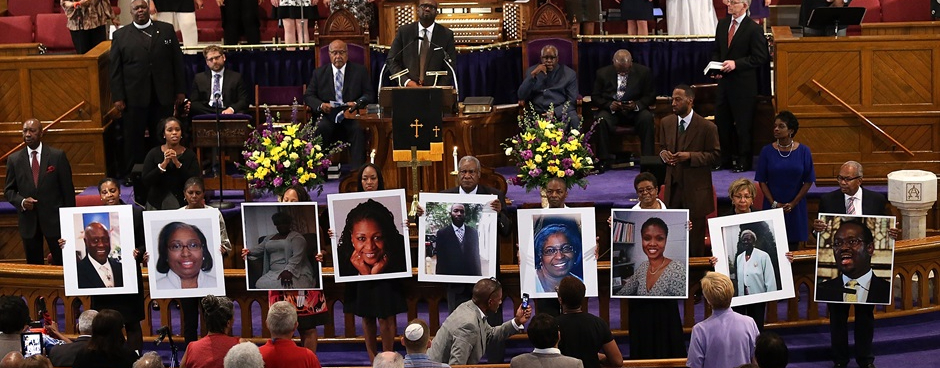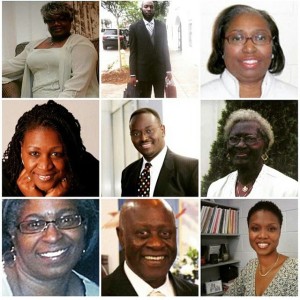Friends of LPC’s Facebook page know that we’re pretty excited about sharing Sunday’s worship services with Dr. John and Jess Cropsey and their three children. John will bring the message and we’ll talk with Jess some about our Kibuye School projects.
John and Jess Cropsey are mission partners in Burundi, one of the poorest countries on the planet. They lead a team of a dozen or more physicians, educators, and their families called to build a medical school and hospital in a place where almost none exist. They are Christians committed doing whatever they do, in word or in deed, in the name of the Lord Jesus giving thanks to God the Father through him. Word and Deed is the name of the team’s blog – continually updated and always worth reading. Take a look. Continue reading





